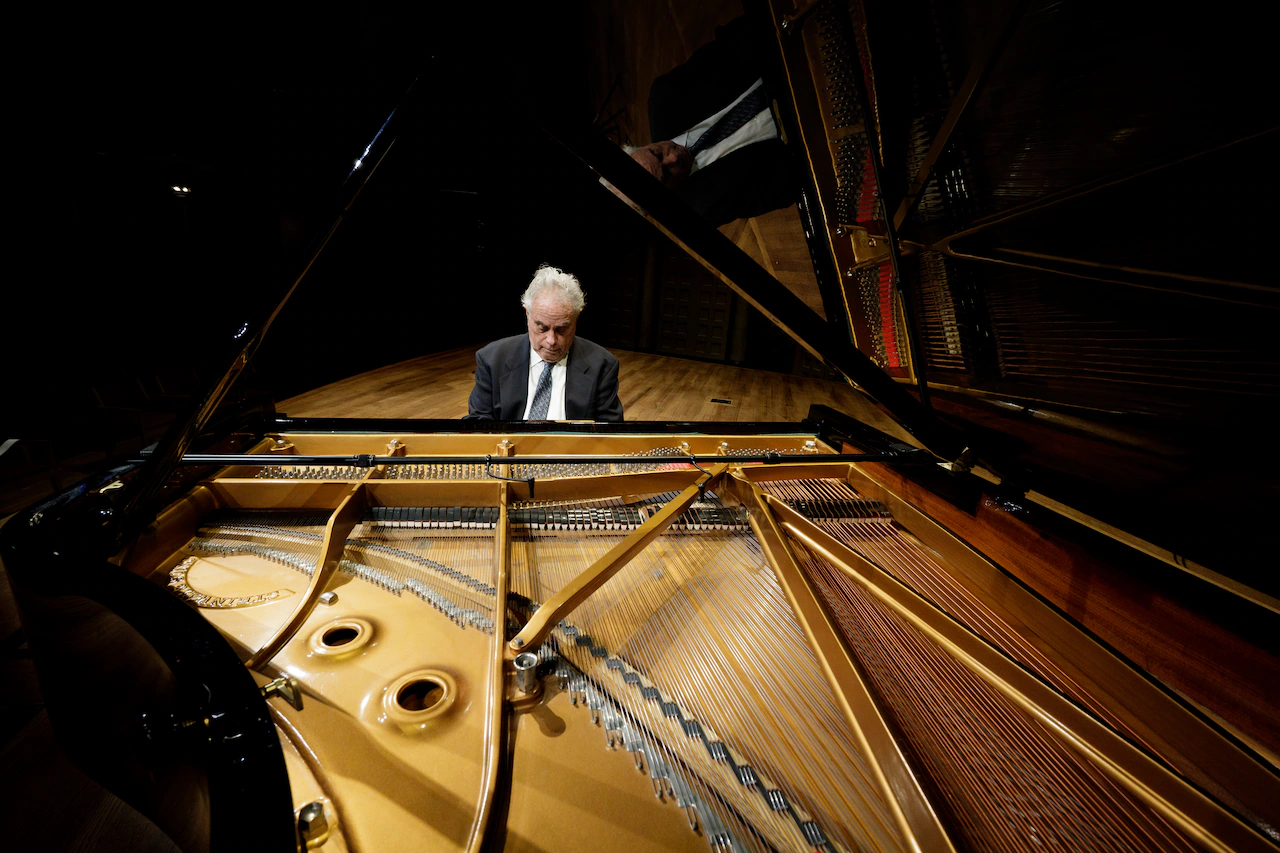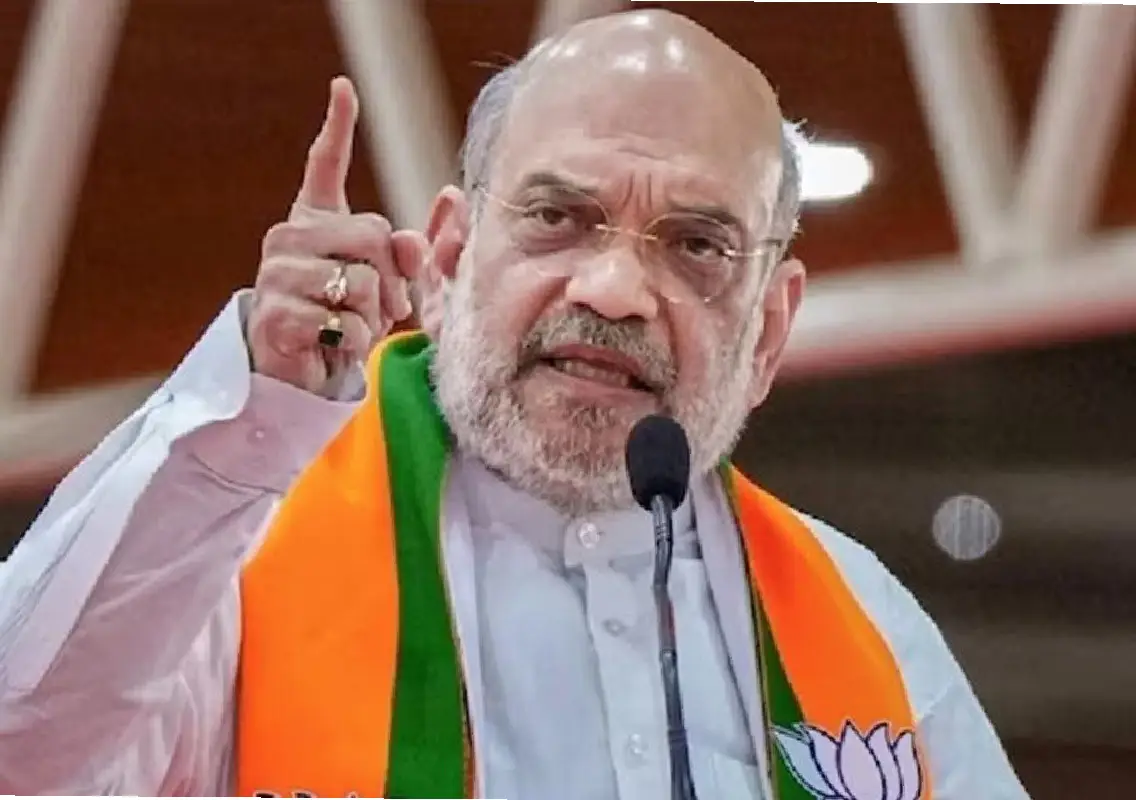Jeffrey Siegel’s ‘Keyboard Conversations’ at 40: Bringing classical music, meaning to Cleveland audiences

CLEVELAND, Ohio — Let’s face facts: 40 years is a long time to do anything, let alone anything fun and unique.
But 40 years of bringing a singular vision to audiences —making classical music approachable, alive, deeply personal — is something remarkable.
Pianist Jeffrey Siegel has done just that with his beloved “Keyboard Conversations,” which return this fall to the Maltz Performing Arts Center on Case Western Reserve University’s campus. Four decades in, the series remains as vital as ever and kicks off Sunday, Sept. 21.
Stories by Peter Chakerian
3 Reasons to see Sunday (1994) at Mahall’s on Wednesday, Sept. 24
Andy Summers brings multimedia show, Rock Hall pedigree to Kent Stage
5 takeaways from our chat with Academy Award winner, Akron native Paul Tazewell
National Cream-Filled Donut Day: Celebrating the sweetest stuffed legends in Greater Cleveland
At its core, “Keyboard Conversations” is part recital, part storytelling session.
Siegel sits at the piano, offering not just performance, but insight: the context of a composer’s life; the hidden architecture inside a score, the emotional truths that turn notes into something human.
“It’s like a piano recital, but it’s also a concert with commentary,” Siegel explained in an interview with cleveland.com and The Plain Dealer.
“The commentary reaches out to people who are not avid concertgoers, but who know they’re missing something not to have Beethoven in their life,” he said.
“At the same time, it reaches out to avid music lovers who want to listen on a more meaningful level.”
That balance — between accessibility and depth — has been the hallmark of Siegel’s long career. He believes in opening the door gently, offering what a friend once described to him as “a gentle inoculation into the joys of listening to classical music.”
For those who may never have set foot in Severance Music Center or delved into the Blossom Summer Festival, that invitation is a powerful one. For those who know Beethoven’s “Moonlight Sonata” by heart, Siegel’s commentary offers fresh angles, even surprises.
Making music personal isn’t always the path of least resistance. Musicians are trained to speak in tones, not words. You’d assume as much from a guy whose bona fides and résumé are longer than a CVS receipt.
You know what they say about assumptions.
“It’s unnatural, I admit this, for musicians to talk about music,” Siegel said with a laugh.
“Leonard Bernsteins do not grow on trees.”
Yet, after four decades of “Keyboard Conversations,” Siegel has become something of a master translator.
His explanations aren’t weighed down with technical jargon about dominant chords or modulations. Instead, they’re designed to heighten the listener’s experience — to make what follows at the keyboard “all the more involving and meaningful.”
That approach springs from a conviction that great music is necessary now more than ever.
“The privilege of playing these masterpieces, of recreating these great works, and that sharing of them with fellow human beings — I don’t think one ever tires of this,” he said. “We all need even more now what great music has to offer.”
The path that led Siegel here was shaped not only by years of study but also by encounters with legendary artists. Chief among them was Arthur Rubinstein, the great pianist whose encouragement left a lifelong impression.
“He constantly impressed upon me what a privilege it is to play these pieces,” Siegel recalled. Rubinstein also gave him advice that still guides his performances:
“It’s more important to play the wrong note right than the right note wrong.”
In other words, live performance is about spirit, not perfection — it’s about creating the mood of the music, not fussing over every detail.
Words to grow on, indeed.
Born into a musical family, Siegel studied with Rudolf Ganz in his native Chicago, with the legendary Rosina Lhévinne at The Juilliard School and, as a Fulbright Scholar, with Ilona Kabos in London.
He may live in New York City now, but Cleveland has played a central role in Siegel’s journey.
He first came here as a soloist in the Blossom Festival in 1975, later performing with the Cleveland Orchestra at Severance Hall and Blossom under conductor Lorin Maazel. When “Keyboard Conversations” took root, they did so in Cleveland — first at the Cleveland Museum of Art, then at Cleveland State University and now at the Maltz Center.
“The audience in Cleveland is so devoted,” Siegel said. “They listen with such silence and absorption, and they ask good questions in the Q&A which concludes the programs. It’s a special audience.”
This season opens Sept. 21 with “Beethoven the Young Genius,” a program that explores the early works of the composer we tend to think of in his later, deaf years.
Siegel will perform the famous “Pathétique” Sonata and other works that reveal Beethoven’s brilliance before his life was defined by loss.
Later in the 2025-26 season, he turns to “Chopin – The Romantic” on Nov. 9, celebrating the timeless poetry and passion of the Polish composer’s works.
The series continues into spring with “Poetic Tone Pictures” on March 8, 2026, a program of short, vision-inspired works, followed by the season finale on April 26, 2026, titled “A Few of Our Favorite Things.”
Each concert blends Siegel’s performance and insightful storytelling into an experience as inviting to newcomers as it is enriching for longtime classical fans.
That’s the goal. Always has been, he said.
As Siegel looks back on his career, what excites him most isn’t novelty or reinvention — it’s the chance to keep doing what he loves. He may not travel as widely as before, but every concert feels more special.
“Each concert becomes more and more a special event for me,” the 82-year-old said. “To continue doing what I’m doing — that is my goal.”
Some 40 years on, “Keyboard Conversations” has become something rare in American concert life: a tradition rooted in curiosity, warmth and the belief that classical music belongs to everyone.
For Siegel, Cleveland isn’t just another stop on the calendar—i t’s home base.
“Cleveland has always been a very special place in my heart,” he said.
“And I’m delighted that after 40 years, after all this time, I haven’t worn out my welcome. That feels good.”



